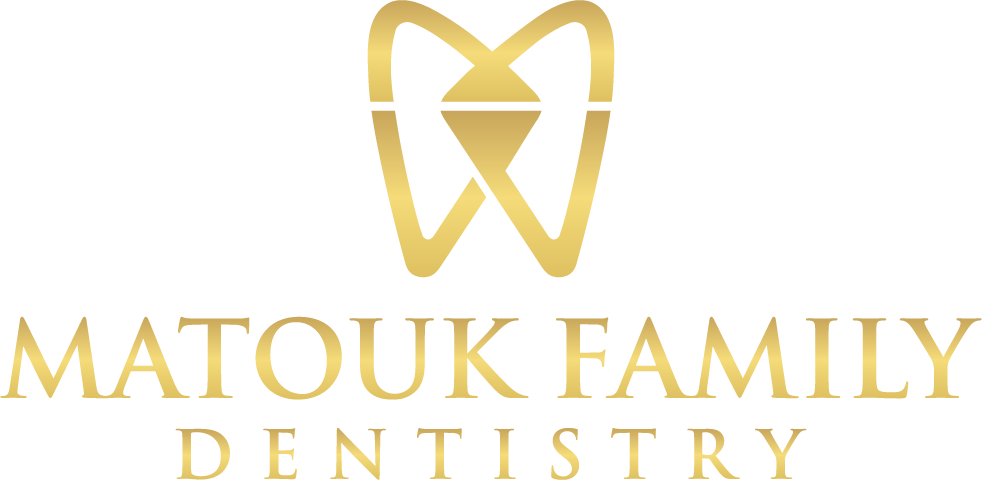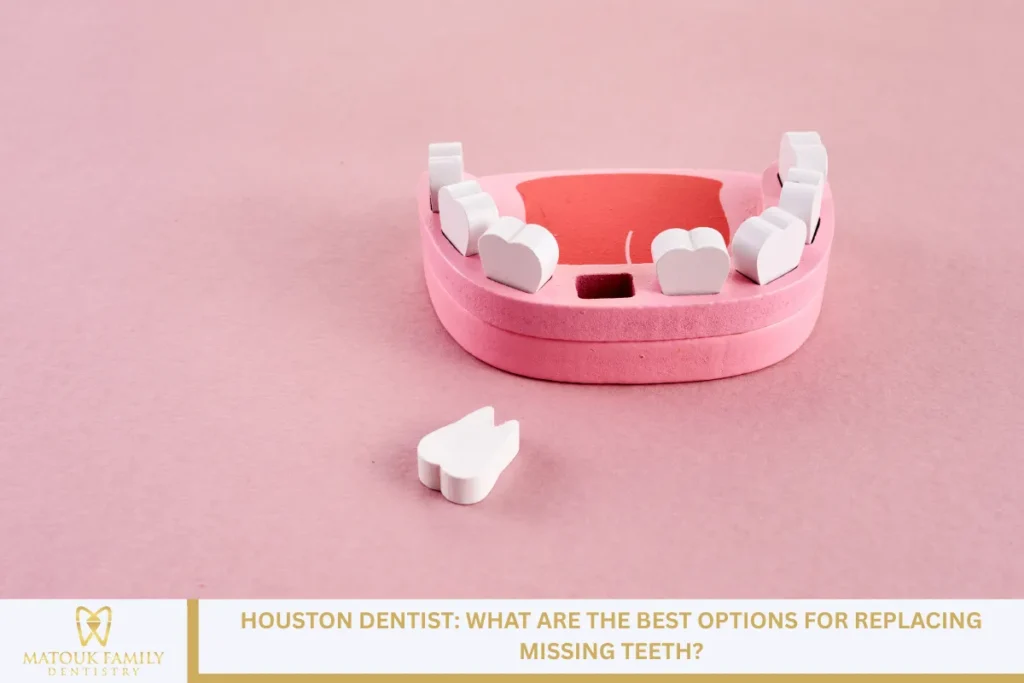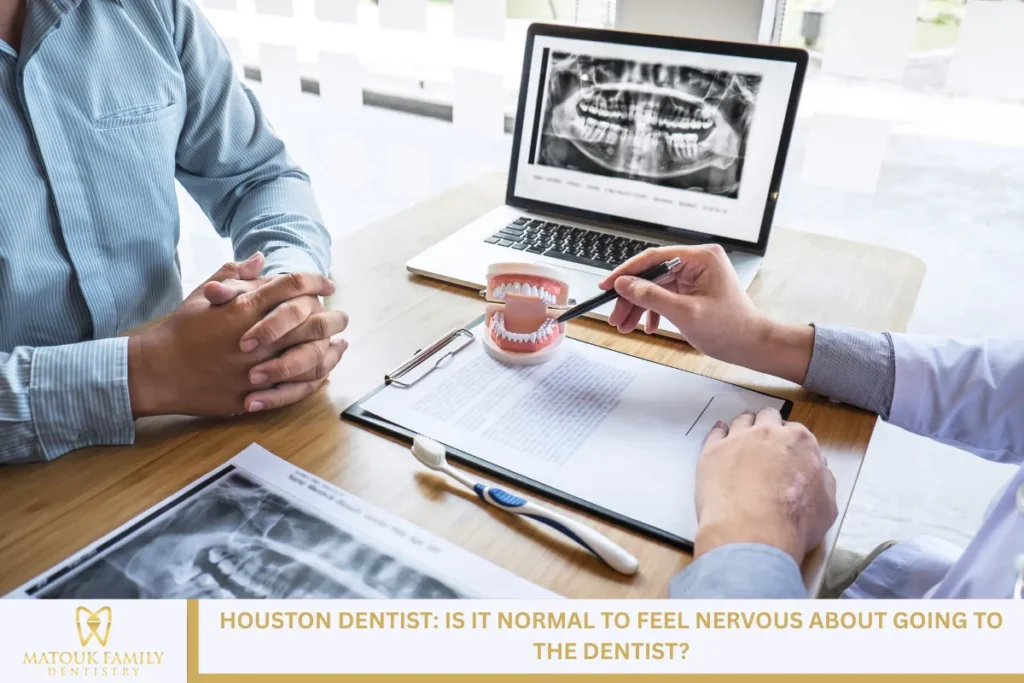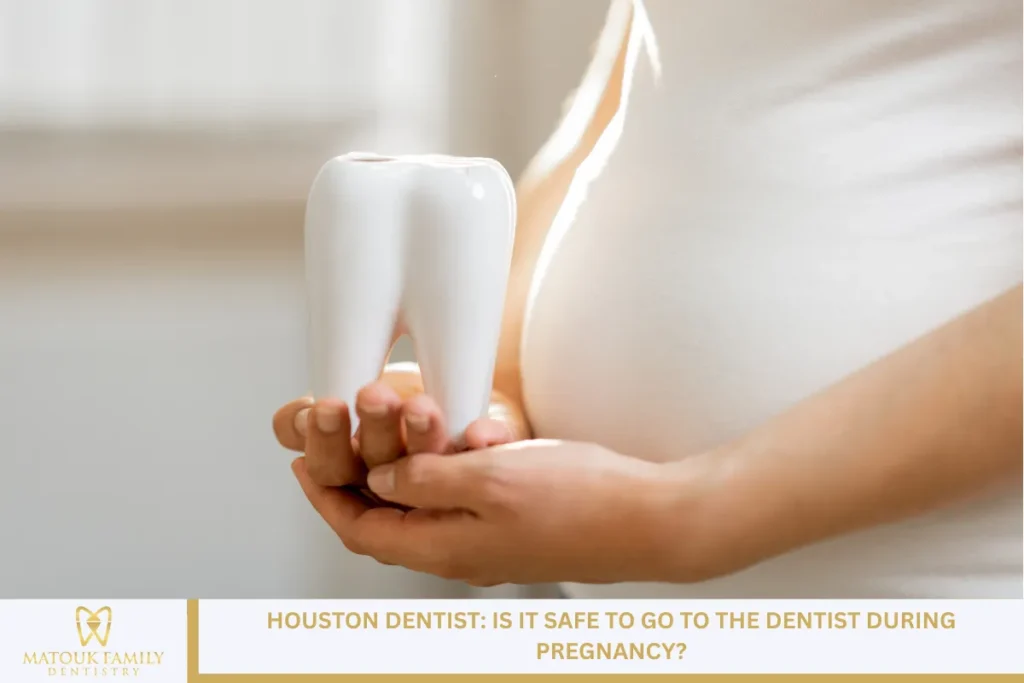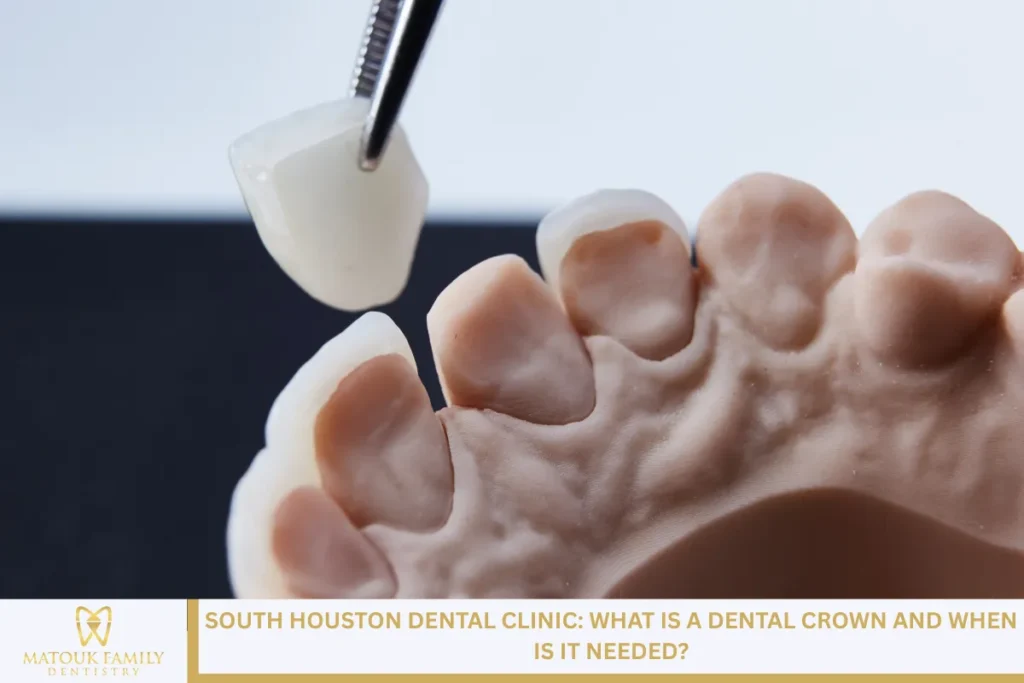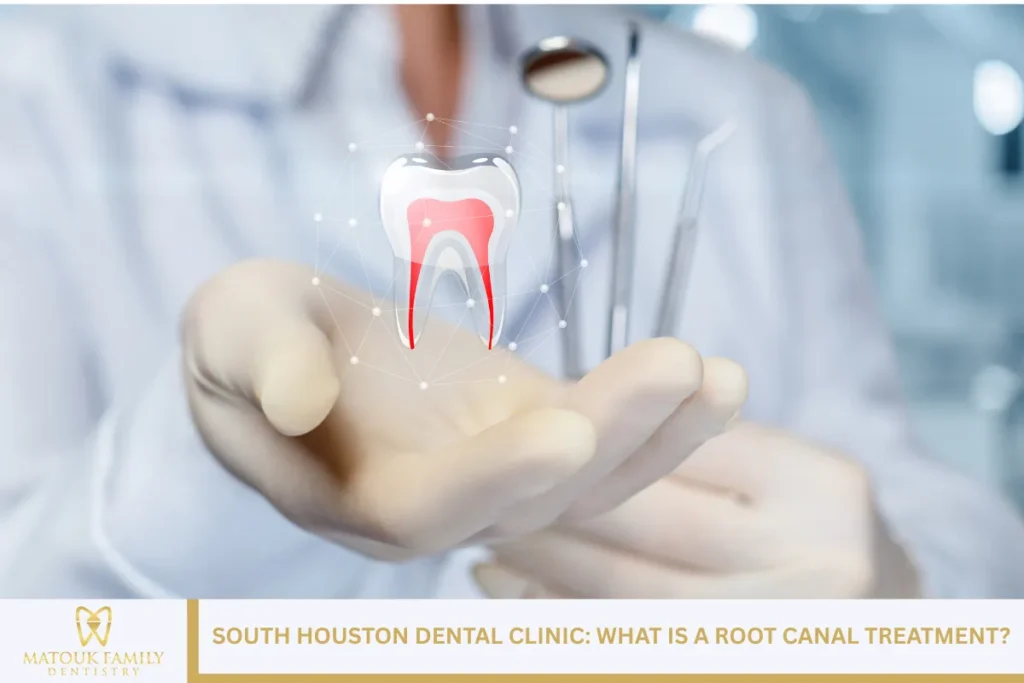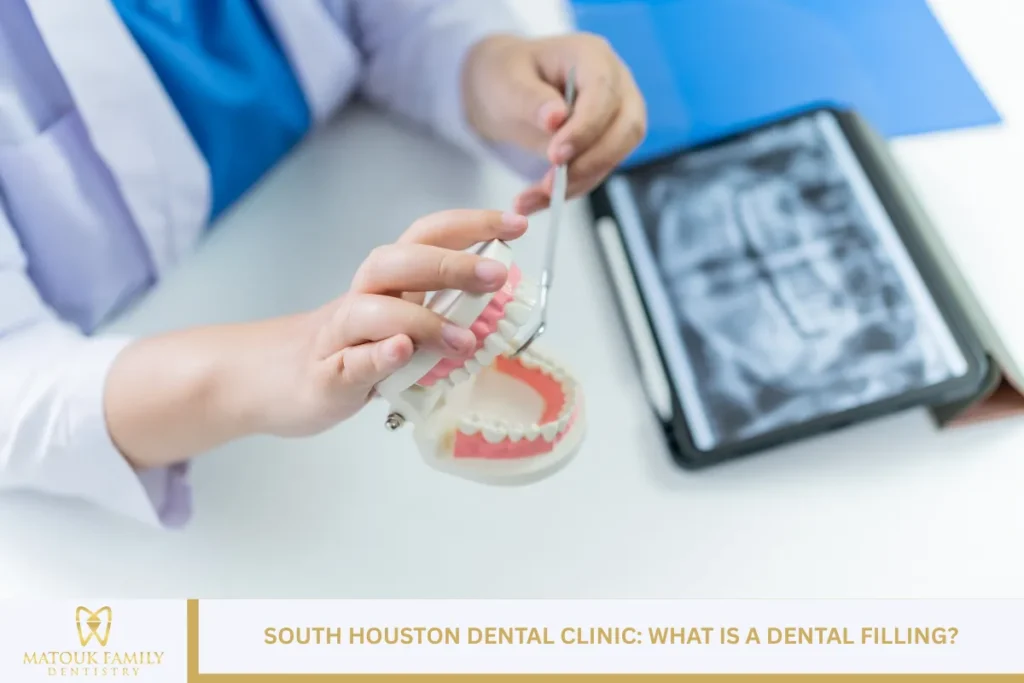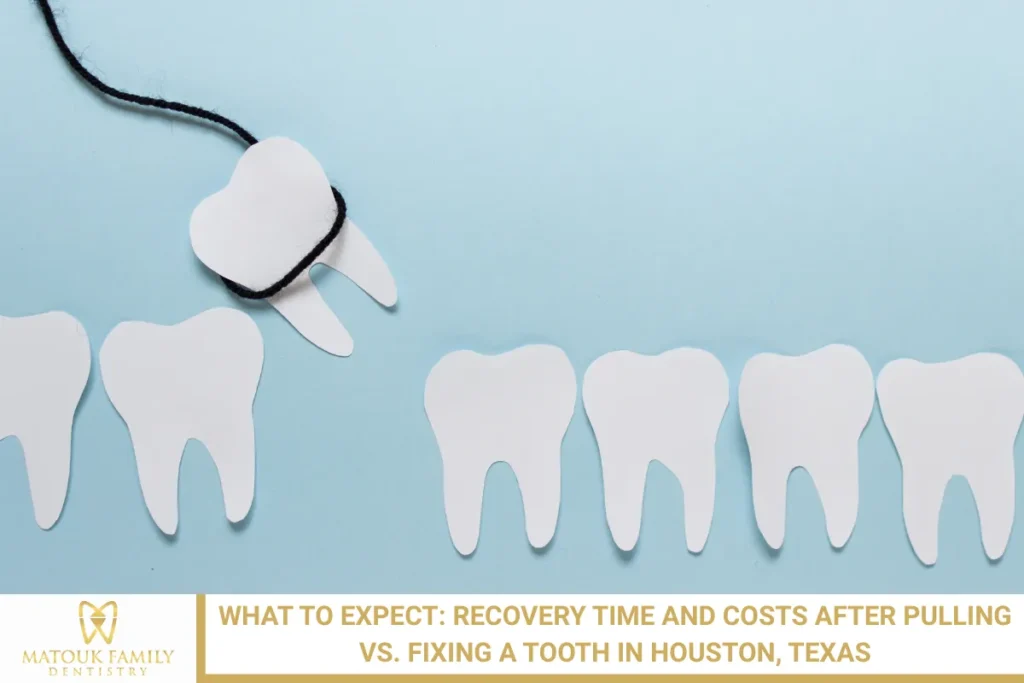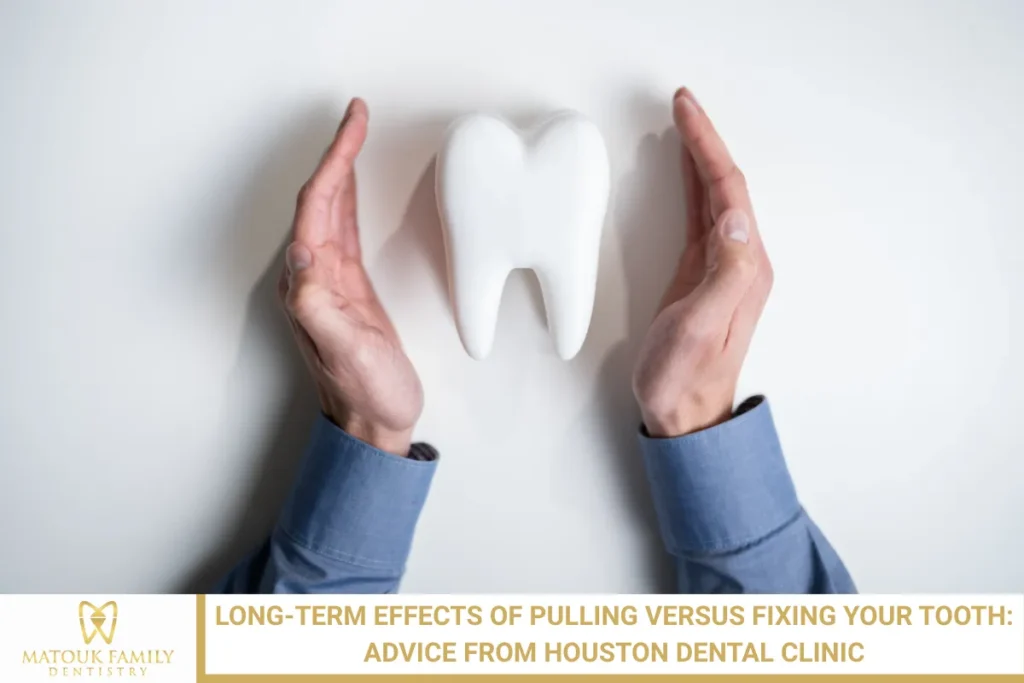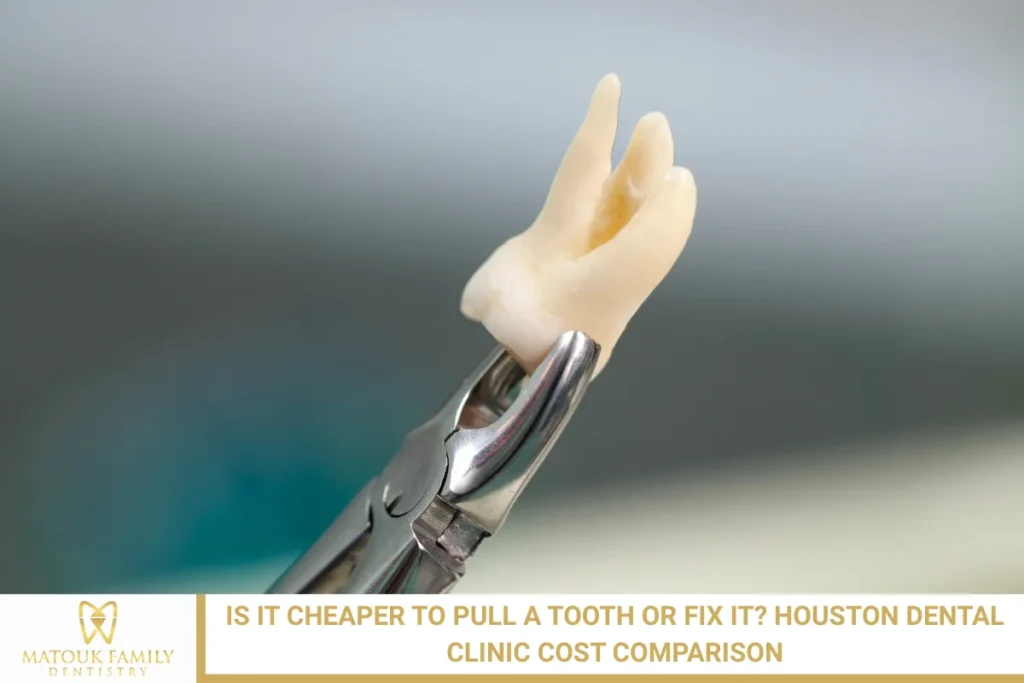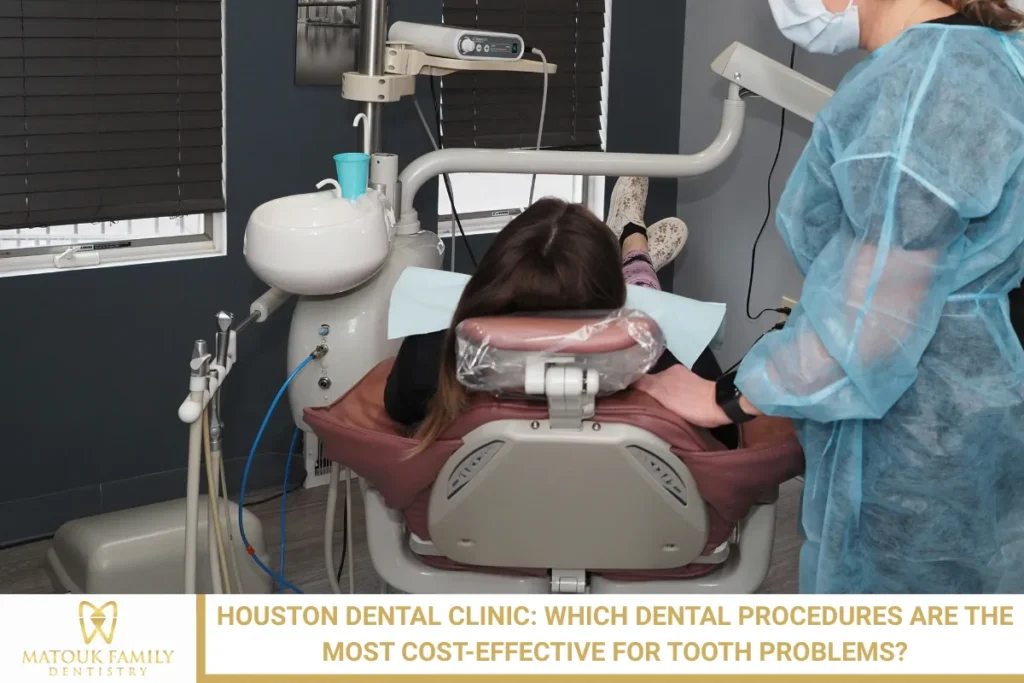Finding affordable dental care isn’t always easy, especially when you’re unsure which treatments are truly necessary or how much they’ll cost. Choosing the right dental clinic can help you access quality care while minimizing unnecessary expenses. From fixing cavities and cracked teeth to replacing missing ones, there are practical, low-cost options that can make a real difference in your dental health.
Knowing which procedures offer the best value—while still being safe and effective—is crucial for making informed decisions. This article provides an in-depth examination of some of the most affordable dental treatments offered at clinics throughout Houston, TX. Each section explains what the treatment does, how it works, and why it can be a cost-efficient choice.
Basic Dental Fillings: The First Line of Defense
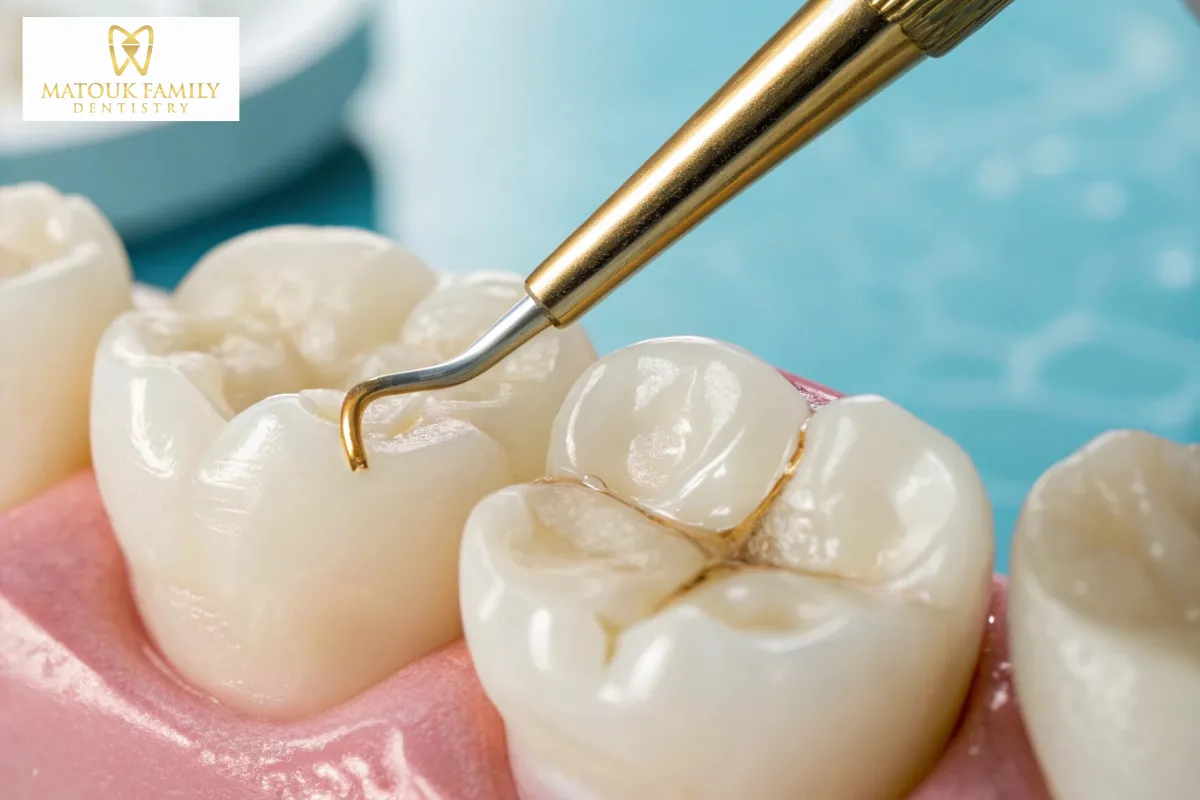
Dental fillings are one of the most common and affordable treatments for fixing tooth decay. When a cavity starts to form, it eats away at the tooth’s enamel, creating small holes. Fillings stop that damage from spreading further by sealing the area.
Dentists typically clean out the decay first and then fill the hole with materials such as silver amalgam or composite resin. Amalgam is the cheaper option, though it’s more noticeable, while composite fillings blend better with your natural teeth.
Fillings can be done quickly, often within a single visit, and they help restore function and comfort to the affected tooth. By choosing fillings early, you avoid more complex procedures, such as crowns or root canals, down the road.
Simple Tooth Extractions: Affordable Relief for Problem Teeth
Tooth extraction is a straightforward solution for teeth that are too damaged or decayed to be repaired. In some cases, removing a tooth is the best—and most cost-effective—way to prevent infection or pain from spreading.
The process involves numbing the area and gently loosening the tooth until it can be removed. Basic (non-surgical) extractions are typically the least expensive, especially if no complications are involved.
While it may sound extreme, removing a problem tooth can actually save money in the long term by avoiding emergency visits, infections, and the need for more invasive treatments.
Dental Cleanings: Prevention That Pays Off
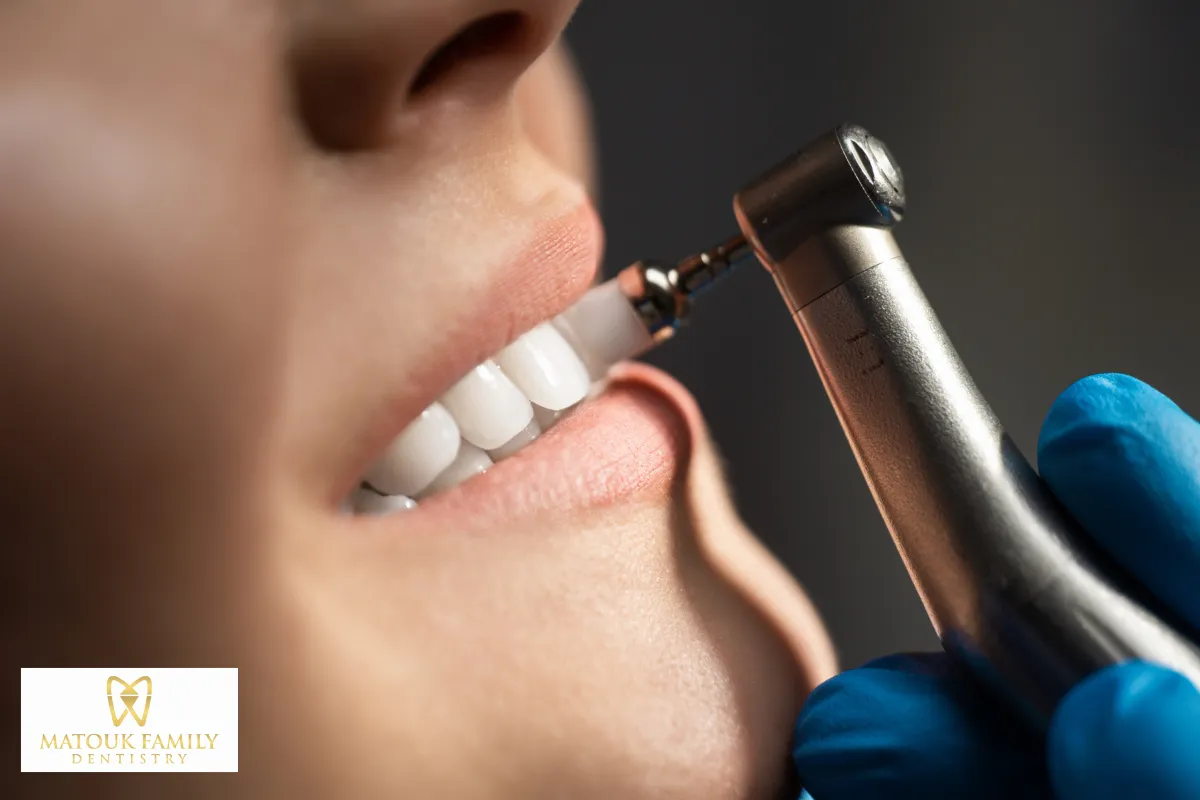
Routine cleanings are often underestimated but are one of the best investments you can make for your dental health. These cleanings remove plaque, tartar, and bacteria buildup that brushing and flossing alone can’t handle.
Regular cleanings help prevent gum disease, cavities, and bad breath. Dentists also use these visits to check for signs of more serious problems. Catching issues early often means less money spent later.
Most dental clinics in Houston offer affordable rates for cleanings, especially for patients without insurance. Some even offer packages that include cleanings, exams, and X-rays at discounted prices.
Dental Sealants: Affordable Cavity Protection
Sealants are a preventive treatment applied to the chewing surfaces of the back teeth, where food often gets stuck and leads to decay. They’re especially useful for children and teens but are also suitable for adults with deep grooves in their molars.
A dentist applies a thin, protective coating that seals off those hard-to-clean areas. The application is quick, painless, and significantly lowers the risk of cavities.
Compared to the cost of fillings or crowns, sealants are a smart and affordable way to prevent future dental problems and expenses.
Temporary and Partial Dentures: Low-Cost Tooth Replacement
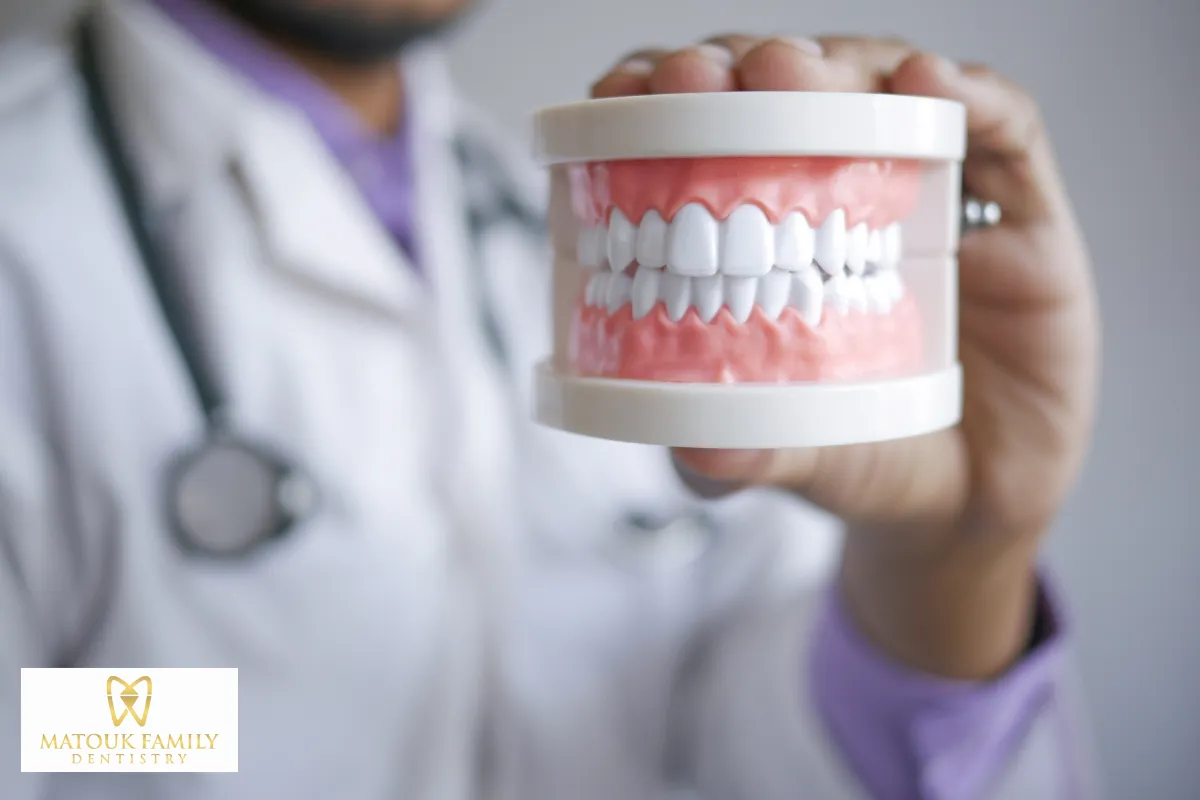
Missing teeth can significantly impact your ability to eat, speak, and smile with confidence. While dental implants are a permanent solution, they’re also expensive. Dentures—particularly partial or temporary options—are far more affordable and still achieve the desired results.
Partial dentures fill the gaps where one or more teeth are missing. They’re custom-made to fit your mouth and are removable for easy cleaning. Temporary dentures, often referred to as flippers, are a more affordable option and are used while waiting for a more permanent solution.
These alternatives restore both function and appearance, helping you feel more comfortable in everyday life—without draining your wallet.
Dental Bonding: An Inexpensive Cosmetic Fix
Dental bonding is used to fix minor chips, cracks, discoloration, or gaps between teeth. It’s one of the cheapest cosmetic dental procedures available and provides immediate results.
The process involves applying a tooth-colored resin material to the damaged area, shaping it, and hardening it with a special light. It usually takes less than an hour per tooth.
Bonding doesn’t last as long as veneers or crowns. However, it’s much more affordable and still offers a noticeable improvement in your smile.
Fluoride Treatments: Budget-Friendly Decay Prevention
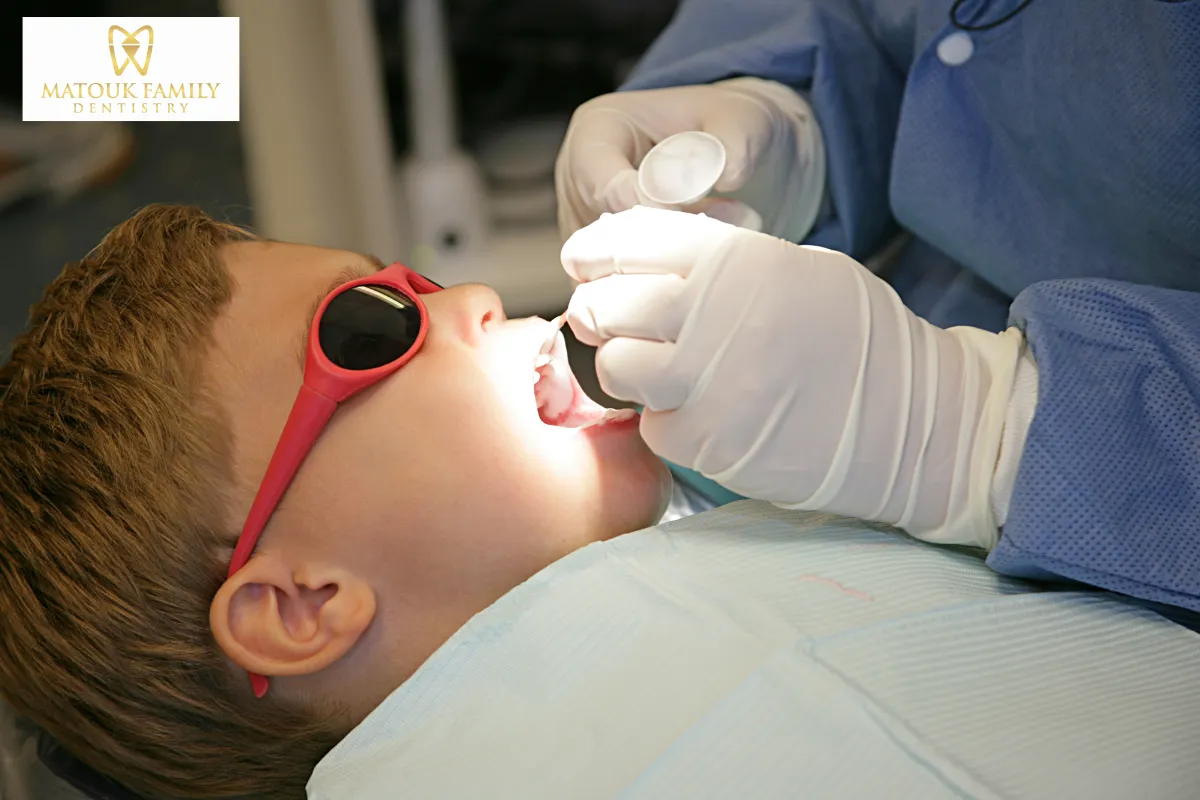
Fluoride treatments help strengthen tooth enamel, making teeth more resistant to decay. They’re usually offered during routine checkups, especially for children, but adults can benefit too.
The process is quick—a dentist applies a fluoride-rich gel or varnish to the teeth, which absorbs into the enamel within minutes. This treatment is especially helpful if you’re prone to cavities or have sensitive teeth.
Fluoride treatments are low-cost, non-invasive, and a smart addition to your regular dental routine.
Discount Dental Plans and In-House Memberships
For individuals without dental insurance, many Houston clinics offer in-house savings plans. These are not insurance policies, but rather membership programs that give you access to discounted rates.
Plans often include free exams, cleanings, and reduced fees for other procedures. Memberships are paid yearly and can end up saving you hundreds of dollars over time.
These plans offer a safety net and make routine dental care more affordable for those on a budget.
Dental Schools in Houston: Quality Care at a Lower Price
Houston is home to several dental training institutions, including the University of Texas Health Science Center at Houston School of Dentistry. These schools offer care provided by students under the supervision of licensed dentists. The procedures take a little longer, but the prices are much lower than those at private practices.
Dental schools typically offer a range of services, including cleanings, fillings, crowns, and root canals. For anyone looking for affordable dental care without compromising on quality, this is a solid option.
Community Health Clinics: A Helping Hand for Affordable Care
Federally funded health centers and nonprofit dental clinics offer services on a sliding scale based on your income. These clinics serve uninsured and low-income residents, covering a variety of basic dental needs.
In Houston, organizations like Legacy Community Health and others make dental care accessible to those who might otherwise be unable to afford it. Services typically include exams, cleanings, fillings, and extractions.
Though availability may be limited, and appointments can fill up quickly, this option remains one of the best for low-cost dental solutions.
Practical Tips to Lower Dental Costs Over Time

Managing your dental health isn’t just about fixing problems—it’s about preventing them in the first place. Here are a few ways to keep long-term dental expenses under control:
- Brush with fluoride toothpaste at least twice daily
- Floss every day to remove plaque between teeth
- Avoid sugary snacks and drinks that lead to cavities
- Chew sugar-free gum to stimulate saliva and protect enamel
- Visit a dental clinic regularly for exams and cleanings
These habits can keep your teeth healthy and reduce the need for costly treatments in the future.
Maintaining a Healthy Smile Without Overspending
You don’t need to spend thousands to maintain or restore a healthy smile. Many affordable options exist right here in Houston—from cleanings and fillings to dentures and preventive treatments. Understanding what each procedure does, why it’s used, and how it helps can make all the difference in choosing the right care for your needs and your budget.
Contact your local dental clinic to inquire about the affordable treatments they offer and to ask if payment plans, discounts, or savings programs are available. Affordable dental care isn’t out of reach—it just takes a little research and the willingness to ask the right questions.
Smart Dental Choices Start With You
Every smile is unique, and so are the dental needs that support it. The most cost-effective way to address your dental issues depends on your specific condition, goals, and budget. Start with small, manageable treatments, such as cleanings or fillings, and explore other affordable options, like dentures or bonding, if needed.
Oral health affects more than just appearance—it influences your ability to eat, speak, and feel confident. Even the most basic dental care can go a long way in improving your overall well-being. Don’t wait for pain or problems to force your hand. Take control of your dental health now by choosing smart, affordable treatments that work for you.
Houston Dental Clinic – Matouk Family Dentistry
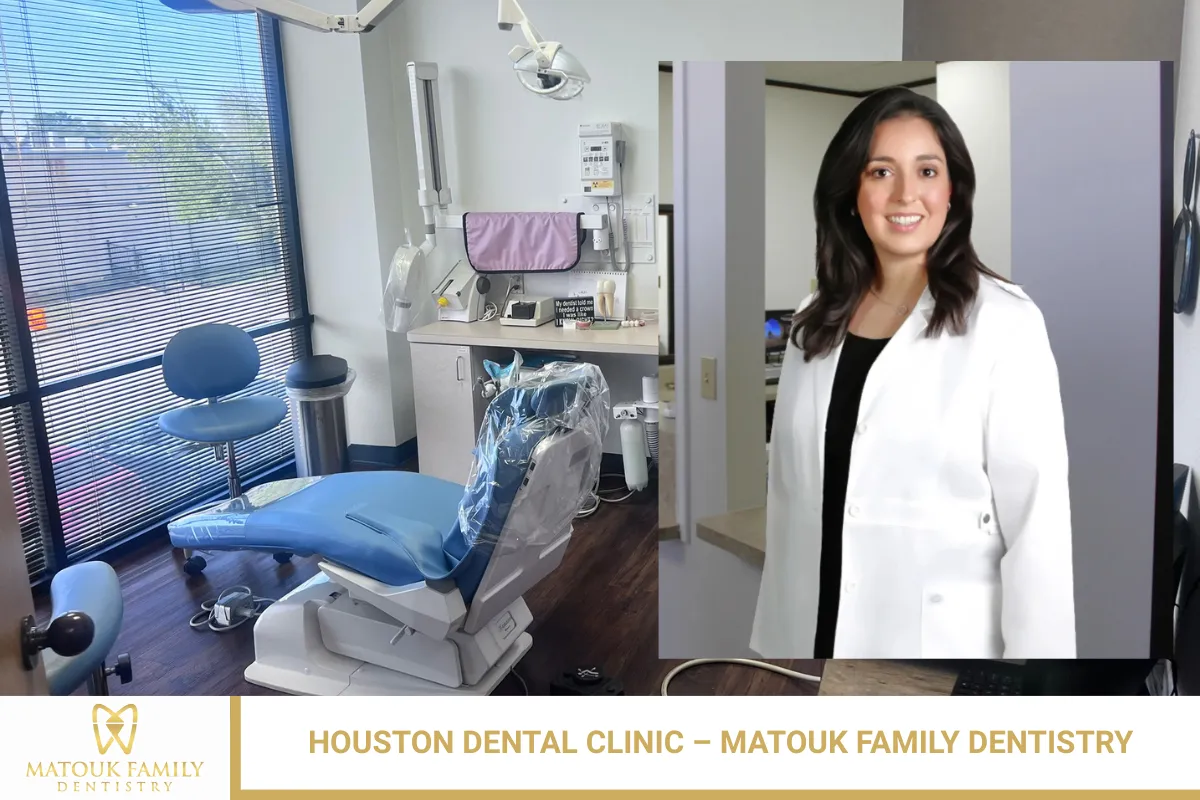
Looking for quality dental care at an affordable price? Matouk Family Dentistry in Houston provides compassionate, cost-effective services designed to keep your teeth healthy without stressing your budget. Our goal is to ensure that every patient feels valued and well cared for, regardless of their financial situation.
We offer a wide range of dental treatments to cover your needs—from regular exams and cleanings to fillings, crowns, dentures, and implant restorations. Our office is conveniently located off the Gulf Freeway, making it easy for Houston residents to access top-level care close to home. To schedule an appointment or learn more about our services, please contact us today at (281) 484-3675.
Frequently Asked Questions About Affordable Dental Care in Houston
1. What are the most affordable dental services offered at dental clinics in Houston?
Dental clinics in Houston offer several budget-friendly options for individuals seeking to enhance their oral health without incurring high dental expenses. The most affordable dental services typically include preventive care, such as dental exams, cleanings, fluoride treatments, and screenings. These are essential for maintaining good oral health and detecting issues early, before they require costly treatments.
Basic dental work, such as fillings and simple tooth extractions, is also priced accessibly at many clinics. Some community dental programs and dental schools provide services at significantly reduced costs. It’s also common for clinics to offer sliding scale fees based on income. While more complex procedures, such as dental implants, dental crowns, or oral surgery, are pricier, patients can sometimes find affordable alternatives, including dental bridges or implant-supported dentures. Inquiring about payment plans or in-house memberships can make even advanced care more financially manageable.
2. How can I reduce my dental expenses if I don’t have dental insurance?
Even without dental insurance, there are several ways to reduce your out-of-pocket dental expenses. Begin by researching dental clinics that offer low-cost or income-based pricing. Some non-profit clinics and community health centers provide essential dental services, including cleanings, exams, and wisdom teeth extractions, at significantly discounted rates.
Another option is enrolling in a dental savings plan, which offers discounts on various procedures, including oral surgery, dental crowns, and dental implants. These plans are typically more affordable than traditional insurance and do not require waiting periods for coverage. Additionally, dental schools in Houston offer treatments performed by supervised students at lower prices, especially for preventive care and common procedures.
Patients can also lower costs by focusing on early intervention and routine maintenance, like regular dental screenings. Preventing problems is far more affordable than treating them later with complex dental prosthetics or surgeries.
3. What is the difference between a dental crown, a dental bridge, and dental implants?
A dental crown, dental bridge, and dental implant all serve to restore missing or damaged teeth. Still, they function differently and vary in cost. A dental crown is a tooth-shaped cap placed over a damaged or decayed tooth to restore its shape, size, and strength. It’s often used after root canals or large fillings.
A dental bridge is used to replace one or more missing teeth by anchoring an artificial tooth (or teeth) between two healthy teeth or crowns. It literally “bridges” the gap left by missing teeth. Dental bridges are less expensive than implants but may not last as long.
Dental implants, on the other hand, are artificial tooth roots made from titanium that are surgically placed into the jawbone. They support crowns or implant-supported dentures and are considered the most durable and natural-feeling solution. However, implants require more time for healing and a higher upfront investment.
4. When should I consider wisdom teeth extraction, and is it necessary for everyone?
Wisdom teeth extraction is typically recommended when these third molars cause problems or have the potential to do so in the future. Not everyone needs to have them removed, but it’s common due to limited space in the mouth. Suppose wisdom teeth become impacted (trapped in the gums or jawbone). In that case, they can lead to complications such as swelling, pain, tooth infection, or crowding of adjacent teeth.
Dentists usually monitor the development of third molars through X-rays and dental screenings, often starting in the teenage years. If removal is necessary, it may involve oral surgery, especially when the teeth are deeply impacted.
Early extraction can avoid more complex procedures and reduce healing time. Patients without symptoms should still have their wisdom teeth evaluated as part of regular oral healthcare. Many dental clinics in Houston offer consultations and affordable options for this common procedure.
5. What dental services are included in preventive care, and why are they important?
Preventive care is the foundation of good oral healthcare, aiming to stop problems before they start. Common services include routine cleanings, dental screenings, fluoride treatments, and sealants. These are offered at nearly all dental clinics and are essential for detecting early signs of decay, gum disease, or other oral issues.
Regular cleanings help remove plaque and tartar buildup that brushing alone can’t eliminate. Screenings often include visual exams, X-rays, and assessments for signs of oral cancer or tooth infections. Sealants and fluoride treatments offer additional protection for children and adults who are at high risk of cavities.
Staying on top of preventive care helps reduce the likelihood of needing complex dental work, such as oral surgery, dental prosthetics, or root canals. It’s also cost-effective, as preventing a problem is always cheaper than treating one. Investing in these services now can lead to major savings on dental expenses over time.
Read more: How a Dental Clinic in South Houston, Texas, Helps with Preventive Care
